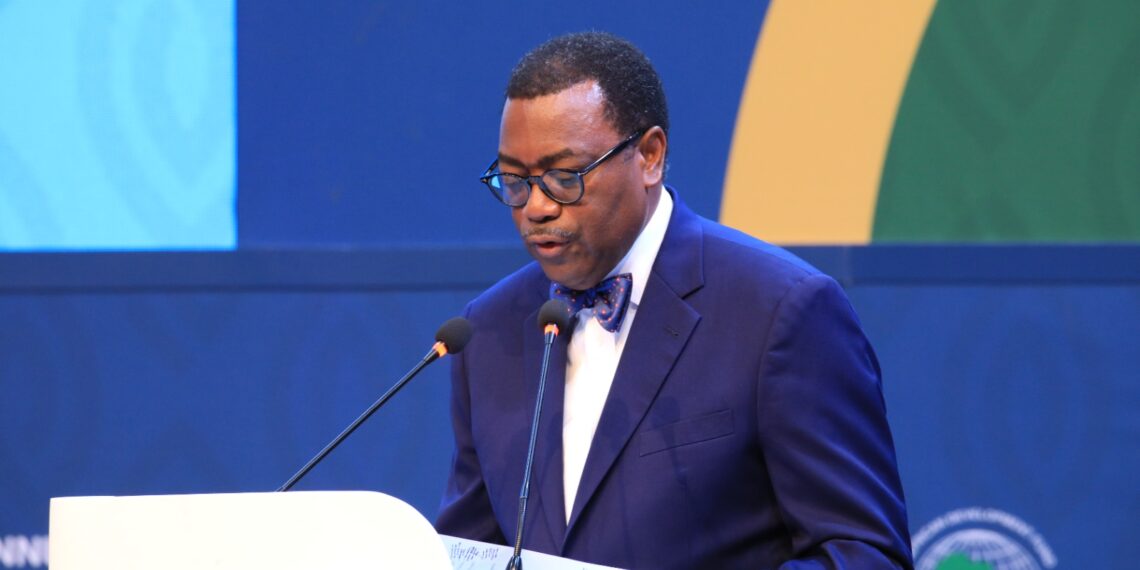
Lawmaker scores Niger low, says state has highest under-five deaths in North-Central
- Legislature
- No Comment
- 371

Lawmaker representing Bida/Gbako/Katcha Federal Constituency in Niger State, Saidu Abdullahi, has decried the dearth of medical doctors in the state.
According to him, Niger State has a doctor-population ratio of one to 9,000.
Abdullahi spoke on Monday when the House of Representatives held a public hearing on five bills, one of which seeks the establishment of a pioneer Federal University of Medicine and Health Sciences in Niger State, sponsored by Abdullahi.
The lawmaker said the situation is far worse than the national average of one doctor to 4,000 population, which is still far lower than the World Health Organisation’s recommendation of one doctor to 600 population for effective healthcare delivery.
Abdullahi said, “A recent survey by the National Demographic Health Survey shows infant mortality rate of 100 deaths per 1,000 live births and an under-five mortality rate of 149 deaths per 1000 live births.
“Sadly, Niger State has the highest under-five mortality in the North-Central geopolitical zone of Nigeria, and above the national average of 128 deaths per 1,000 live births.”
Continuing, Abdullahi said, “Conversely, Niger State has one of the highest numbers of under-five children with fever, seeking medical attention from health facilities or healthcare providers (73.2 per cent), above North-Central’s average of 71.8 percent and national average of 63.4 per cent.
“The pronounced disproportion in health outcomes and access to health services in Niger State raises the question about the availability of qualified healthcare professionals.”
Abdullahi added, “Our choice of the ancient town of Bida for the proposed University of Medicine and Health Sciences is because it currently has a Federal Medical Centre which would serve the training needs of the proposed university.
“The FMC Bida has a reservoir of highly trained and skilled manpower consisting of officers trained in the all the disciplines known to medicine.
“Additionally, FMC Bida has accompanying assets and infrastructure which will be useful for the take-off of the proposed university.”
Two of the bills for which the House held public hearings were the establishment of two Federal Medical Centres, one in Wase Federal Constituency, Plateau State, where the Deputy Speaker Ahmed Wase, has been representing since 2007.
The legislations are titled ‘A Bill for An Act to Enhance and Promote the Health and Wellbeing of Nigerians to Boost Local Healthcare Capacity,’ and ‘A Bill for an Act to Establish the Federal University of Medicine and Health Sciences, Bida, Niger State, for the Purpose of Providing Qualitative Education in Medicine and Health Sciences.
Others are: ‘A Bill for an Act to Provide for the Establishment of the Federal Medical Centre, Wase;’ ‘A Bill for An Act to Establish the Federal Medical Centre Igboho, Oyo State;’ and ‘A Bill for an Act to Amend the Orthopaedic Hospitals Management Board Act, Cap. 010 Laws of the Federation of Nigeria, 2004, to Provide for the Establishment of Orthopaedic Hospital, Jos, Plateau State.’
The hearing was organised by the House Committee on Health Institutions.
The Minister of Health, Prof. Osagie Ehanire; and Registrar/Chief Executive of the Joint Admission and Matriculation Board, Prof Is-haq Oloyede, however, cautioned against the proposed establishments.
For the Federal University of Medicine and Health Sciences, a former Governor of Niger State, Babangida Aliyu; a former Minister of Information, Prof. Jerry Gana; and the Deputy Chief Whip of the Senate and leader of the Niger State caucus in the National Assembly and Senator Abdulahi Sabi, declared their support for the institution.
Aliyu said, “It is time for us to earn our foreign exchange through the health system, instead of us traveling around the world.” While calling for more of such training institutions, he said, “We need at least two federal universities of medicine and health services in all zones.”
In his presentation, Gana called for immediate passage of the bill.
Also, Oloyede noted that while there is the need for such training institutions, care must be taken to avoid undue proliferation.
He stated that universities should not be established just for the sake of their location and the process should involve the Nigerian Universities Commission and the Federal Ministry of Education.
“I believe that for the success of this initiative, we get accurate statistics and carry along the NUC. A lot of background information can be gotten from NUC and Federal Ministry of Education,” he said.
Ehanire said the nation has to develop the entire healthcare chain. He said there should be at least one primary healthcare centre in every ward and one general hospital in every local government area.
The minister noted that the priority of the Federal Government was to build primary and secondary healthcare centres and rebuild tertiary health institutions for optimal performance.
Ehanire pointed out that health institutions were the foundation for the training of high quality personnel and must be strong.
Declaring the hearing open, Speaker of the House, Femi Gbajabiamila,who was represented by the Deputy Chief Whip, Nkeiruka Onyejeocha, said, “Each of these bills seeks to alter the architecture of our nation’s public health services in ways that will hopefully improve the lives of our people, either through increasing options available for medical training or providing access to medical facilities in places where there is an evident need.
“The purpose of this public hearing today is to harvest the views and opinions of stakeholders, so that through the aggregation of those contributions, the House can act to improve each of these bills in line with the best expectations of the citizens whose mandate we serve in the hallowed chambers.”
Leke Baiyewu, Abuja
Punch Healthwise
Read More: https://healthwise.punchng.com/lawmaker-scores-niger-low-says-state-has-highest-under-five-deaths-in-north-central/





